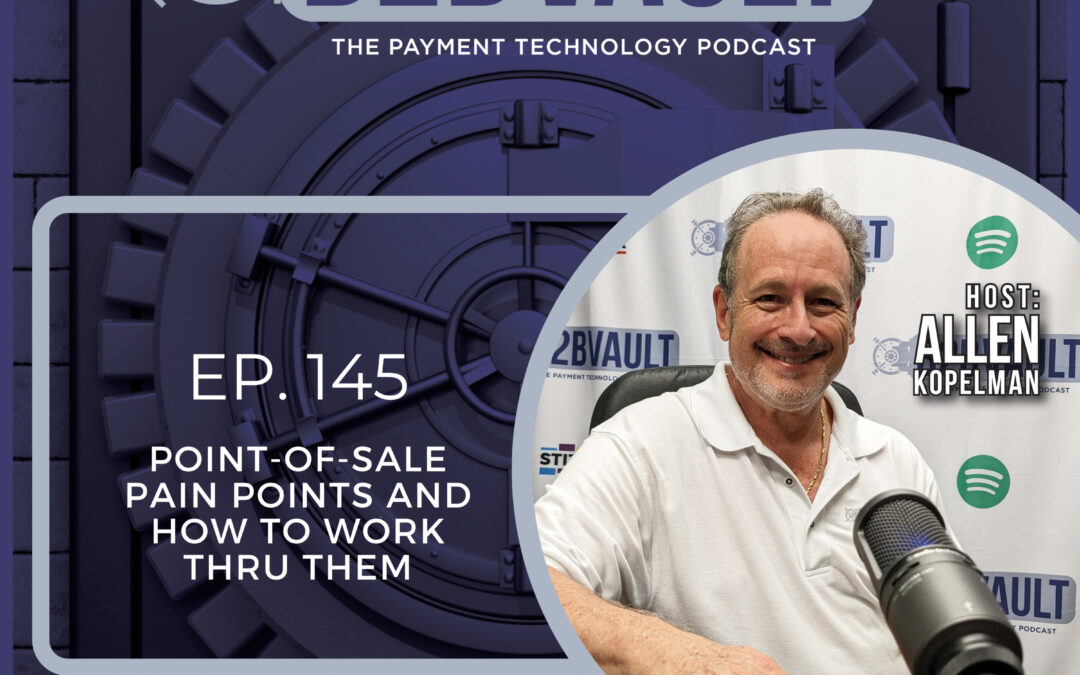In today’s podcast Allen & Justin discuss the common problems that retailers face with their point-of-sale (POS) systems.
Point-of-sale systems are the backbone of any retail business. They enable merchants to track inventory, process transactions, and manage customer information. However, these systems can be problematic at times, causing headaches for retailers and their customers.
The first problem retailers face with their POS systems is the lack of integration. Many retailers have different systems for their inventory management, customer relationship management, and sales processing. The lack of integration between these systems can cause discrepancies in inventory levels and lead to customer frustration when their information is not updated across all systems.
The second problem is slow transaction processing. In today’s fast-paced world, customers expect a speedy checkout process. When the POS system takes too long to process transactions, customers may abandon their purchases, leading to lost revenue for retailers.
The third problem is the lack of data security. POS systems are vulnerable to cyber-attacks, which can compromise customer data and lead to significant financial losses for retailers. A breach of customer data can also damage a retailer’s reputation, leading to a loss of customers and revenue.
The fourth problem is outdated hardware and software. As technology advances, older POS systems become obsolete and may not meet the changing needs of the retail industry. Outdated hardware and software can cause slow transaction processing, crashes, and other issues that can negatively impact a retailer’s business.
Finally, the lack of training and support for employees is another common problem with POS systems. Employees who are not properly trained on how to use the system can make mistakes, leading to incorrect pricing, inventory discrepancies, and other issues.
To overcome these problems, retailers can take several steps. They can invest in an integrated POS system that streamlines all aspects of their business, providing real-time updates on inventory levels, customer information, and sales data. Retailers can also invest in the latest hardware and software to ensure that their systems are up-to-date and meet the changing needs of the retail industry.
Furthermore, retailers should prioritize data security and invest in robust security measures to protect customer data from cyber-attacks. They should also provide regular training and support to employees to ensure that they are equipped with the knowledge and skills to use the POS system effectively.
In conclusion, while POS systems are an essential component of any retail business, they can also cause various problems. By investing in an integrated, up-to-date system, prioritizing data security, and providing training and support to employees, retailers can ensure a smooth and efficient checkout process, leading to happy customers and increased revenue.

